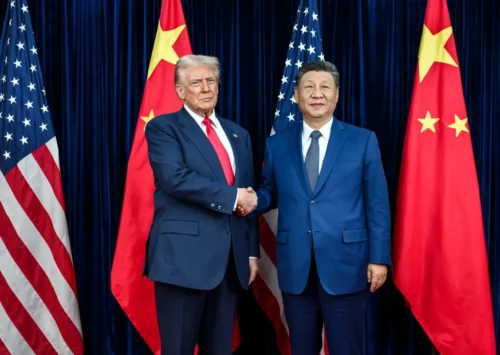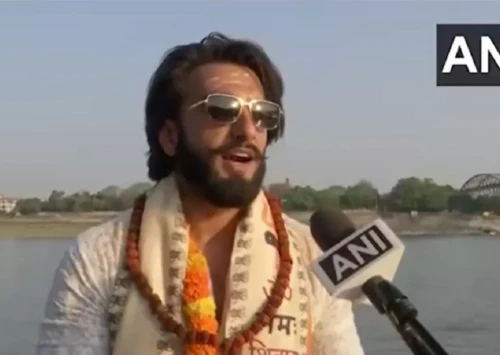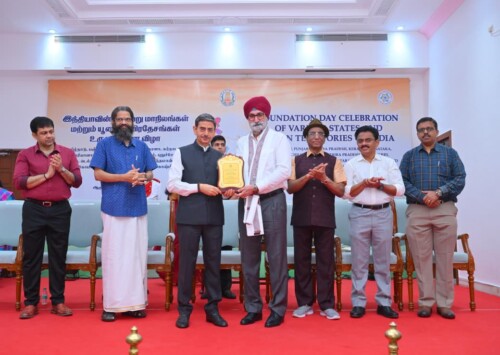COP30 President’s proposed climate agenda reforms not enough: NGOs
Need to streamline action, boost ambition at summit

Ahead of COP30, civil society groups are urging governments to strengthen commitments and translate words into actions
Environmental organisations have criticised the climate agenda reforms proposed by André Corrêa do Lago, President of Climate Change Summit, COP30 that will be held in Brazil. They say that while the agenda is a welcome move, stronger ambition is needed to tackle the crisis.

Ahead of COP30, civil society groups are urging governments to strengthen commitments and translate words into actions
President of 30th Conference of Parties or COP30, André Corrêa do Lago, released his fourth letter to governments on Friday, outlining proposed reforms to the United Nations climate summit’s action agenda.
The move, intended to accelerate implementation of the Global Stocktake (GST) agreed at COP28, aims to streamline the often-unwieldy climate negotiation process and enhance coherence among the multitude of current climate initiatives. The proposed restructuring identifies six thematic areas, each with clear sub-goals.
The reforms have broadly been welcomed by various environmental NGOs, who say that notably, the energy transition, shifting from fossil fuels to renewables, remains central. This is a direct response to the landmark COP28 decision, in which all countries committed to moving away from fossil fuels and tripling global renewable energy capacity by 2030.
In a press statement, environmental advocacy group 350.org has welcomed the reforms but cautioned that they fall short of what is needed to address the climate crisis.

Andreas Sieber
“While the reform is a step in the right direction, the COP30 Presidency must not assume that streamlining the agenda alone will be sufficient to respond to the glaring crisis we must address at the negotiations. Reforms are not enough to meet the moment. Commitments to phase out fossil fuels and accelerate renewable energy must be reflected in the formal negotiated outcome and the Heads of State high-level segment must include dedicated, tangible commitments to advance a just transition,” says Andreas Sieber, Associate Director of Policy and Campaigns at 350.org.
As negotiations intensify ahead of COP30, civil society groups are urging governments to strengthen commitments and translate words into concrete, rapid action, the statement adds.









